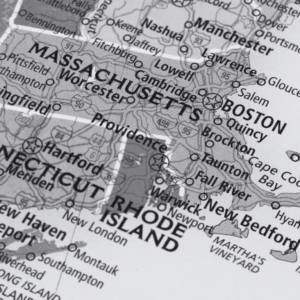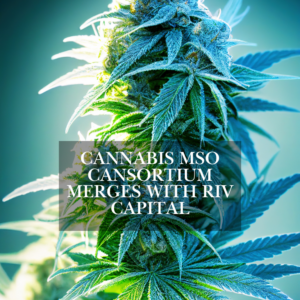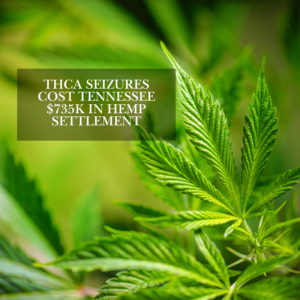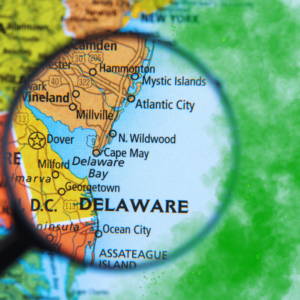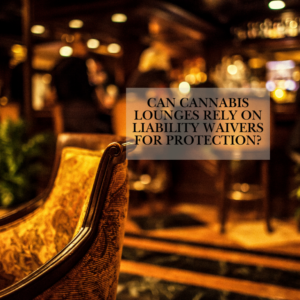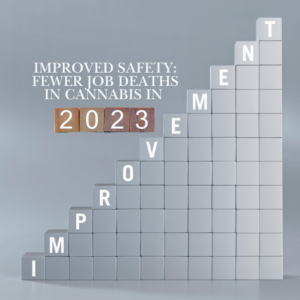Nixon Secretly Admitted Cannabis Isn’t Dangerous, New Tapes Show

Richard Nixon Secretly Admitted Cannabis Is ‘Not Particularly Dangerous’
Two years after launching the War on Drugs and labeling substance use as “public enemy No. 1,” President Richard Nixon privately acknowledged that marijuana was “not particularly dangerous.” This surprising admission, made during a March 1973 Oval Office meeting with aides, was captured on Nixon’s secret recording system. The tapes, recently uncovered, reveal a stark contrast between Nixon’s public anti-drug policies and his private views on cannabis.
Nixon’s Private Admission on Cannabis
“Let me say, I know nothing about marijuana,” Nixon said during the meeting. “I know that it’s not particularly dangerous, in other words, and most of the kids are for legalizing it. But on the other hand, it’s the wrong signal at this time.” Nixon also addressed the severity of cannabis-related sentencing, calling a 30-year sentence for marijuana offenses “ridiculous.” He emphasized that “the penalties should be commensurate with the crime.”
These revelations come from a series of tapes that have become accessible through the Nixon Library archives. Kurtis Hanna, a Minnesota lobbyist and advocate for drug legalization, discovered the recordings while browsing the archives. Hanna, who shared the findings with The New York Times, expressed surprise at Nixon’s stance. “He was essentially saying the exact opposite of what I understood him to believe,” Hanna remarked.
Nixon’s Public Policies Contradict His Private Views
Nixon’s private remarks on marijuana stand in stark contrast to the policies he championed. In 1970, his administration enacted the Controlled Substances Act (CSA), which classified drugs into different schedules based on their perceived medical use and potential for abuse. Marijuana was placed in Schedule I, the most restrictive category, alongside heroin and LSD, marking it as a drug with “no accepted medical use” and a high potential for abuse. Despite Nixon’s acknowledgment that cannabis was not especially harmful, this classification remains in place today.
The CSA laid the foundation for Nixon’s War on Drugs, a campaign that has resulted in millions of marijuana-related arrests, disproportionately affecting Black communities. Furthermore, marijuana’s Schedule I classification has hindered scientific research into its potential medical benefits, creating a lasting impact on both the legal and scientific landscapes of the drug.
The Creation of the DEA and the Aftermath
To enforce his drug policies, Nixon established the Drug Enforcement Administration (DEA) in 1973, the same year he privately downplayed the dangers of marijuana. Over the past 51 years, the DEA has been central to U.S. drug enforcement efforts. The War on Drugs has cost over $1 trillion, yet it has failed to curtail drug use or prevent the devastating consequences of drug-related crime and incarceration.
Despite its ineffectiveness, the War on Drugs has continued to this day, claiming thousands of victims, particularly in marginalized communities. Marijuana-related arrests have fueled mass incarceration, contributing to a system that disproportionately affects Black and Latino individuals.
John Ehrlichman’s Bombshell Confession
The motivations behind Nixon’s drug policies were further clarified by John Ehrlichman, one of Nixon’s top advisors, in a 1994 interview with Harper’s Magazine. When asked how the U.S. became entrenched in such a destructive drug prohibition policy, Ehrlichman provided a damning response.
“The Nixon campaign in 1968, and the Nixon White House after that, had two enemies: the antiwar left and Black people,” Ehrlichman admitted. “We knew we couldn’t make it illegal to be either against the war or Black, but by getting the public to associate the hippies with marijuana and Blacks with heroin, and then criminalizing both heavily, we could disrupt those communities.”
Ehrlichman revealed the administration’s strategy: “We could arrest their leaders, raid their homes, break up their meetings, and vilify them night after night on the evening news. Did we know we were lying about the drugs? Of course, we did.”
Ehrlichman’s confession provides a chilling glimpse into the Nixon administration’s use of drug policy as a political weapon, targeting civil rights activists and antiwar protesters through the criminalization of drug use.
Nixon’s Resignation and Legacy
Nixon’s presidency ended in disgrace with his resignation on August 9, 1974, following the Watergate scandal. His involvement in the cover-up of the break-in at the Democratic National Committee headquarters led to impeachment proceedings, forcing him to step down. He passed away on April 22, 1994, at the age of 81.
While Nixon is often remembered for Watergate, the enduring legacy of his War on Drugs continues to affect the U.S. today. The revelations from the secret tapes and Ehrlichman’s admissions cast a new light on Nixon’s role in shaping a punitive drug policy that has caused lasting harm to millions of Americans, particularly those in marginalized communities.
The Lasting Impact of Nixon’s Drug Policies
The disclosure of Nixon’s private remarks on marijuana raises important questions about the motivations behind the War on Drugs and its long-term effects. Despite knowing that marijuana was “not particularly dangerous,” Nixon’s administration forged ahead with policies that have disproportionately harmed communities of color, filled prisons, and restricted medical research on cannabis.
The U.S. continues to grapple with the consequences of the War on Drugs, as calls for reform grow louder. Advocates argue that Nixon’s drug policies were not only misguided but also racially motivated, creating a system of mass incarceration that has persisted for decades. Today, as more states move to legalize cannabis and push for criminal justice reform, the contradictions between Nixon’s private views and his public policies serve as a reminder of the deep-seated political motivations that shaped America’s drug laws.






